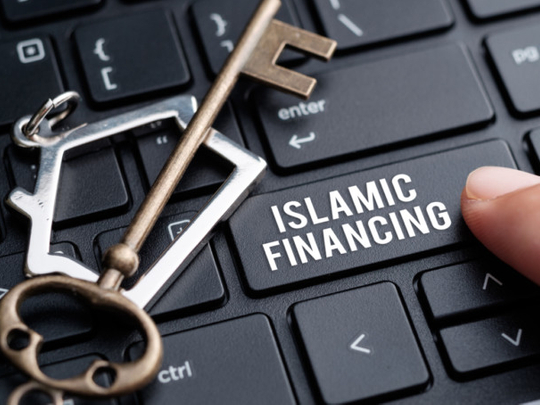
Dubai: Islamic financing (loan) syndications are becoming popular among borrowers in the core Islamic countries such as the GCC Turkey, Malaysia and Indonesia due to their relative simplicity compared to sukuk, according to rating agency Standard & Poor’s.
The Islamic syndicated loans market has been modestly outperforming the sukuk market this year.
Mohamed Damak
“Although the bulk of syndicated deals totaling more than $50 billion remain conventional, we believe Islamic syndications could increasingly complement traditional financing options. Because such syndications involve a limited number of counterparties, they could support quicker and easier issuance than is the case for sukuk,” said Mohamed Damak, Senior Director & Global Head of Islamic Finance, Financial Services Research, S&P.
Islamic countries tend to seek conventional financing in times of crisis. This year, GCC governments and government-related entities have tapped the conventional markets for bonds and syndications more often than the sukuk market because of the complexity of issuing Islamic instruments, particularly sukuk, due to a lack of standardization.
Faster execution and larger amounts are the main factors behind GCC sovereigns’ decision to take the conventional funding route in 2020. Governments’ heightened need for financing stems largely from the oil price slump and the economic fallout of the COVID-19 pandemic. The last time we saw a similar surge in conventional issuance was in 2015.
Advantage Islamic syndication
Compared with classic bank loans, by nature, syndicated deals, could attract larger amounts for longer tenors, since a consortium of banks would share the financing risks. Although syndicated transactions rely on underlying assets and mechanisms to ensure their capacity to generate revenue for the syndicates in a sharia compliant manner, they reportedly require less time and documentation than sukuk.
Syndicated deals executed in the first half of 2020 totaled $50.1 billion in the core Islamic finance countries, which represented about 40 per cent of total transactions in 2019. By contrast, total sukuk issuance dropped 27 per cent in the first half of this year.
Syndicated finance enables corporate entities and governments to raise large amounts for a longer duration, while avoiding the intricacies of capital market issuance. This is because of the smaller number of parties and faster execution. Also, for conventional syndications, legal documents are standardized and tested.
For Islamic syndication, the issuance process tends to be more complex, but the involvement of few parties make them relatively easier to execute compared with sukuk. In addition, these transactions are not market transactions and therefore do not require market authorities’ approval.
Another key benefit is that Islamic syndications would attract Islamic banks, whose assets totaled $1.8 trillion at year-end 2019, as well as conventional ones. A larger investor base could help the market flourish, since Islamic governments and corporates usually prefer Islamic instruments.
Tightening credit standards
Banks are expected to tighten their credit standards although central banks in some core countries have increased the flow of liquidity, asking banks to channel these funds to local corporations to support economic activity.
Corporates have so far sought bank financing mainly to meet near-term liquidity needs, and most have been accessing bank financing to take advantage of subsidized rates rather than to support expansion.
“We forecast bank lending will increase by low- to mid-single digits in most core Islamic finance countries in 2020. The lower pricing of bank facilities versus market financing could act as an incentive for corporates,” said Samira Mensah an analyst at S&P.









